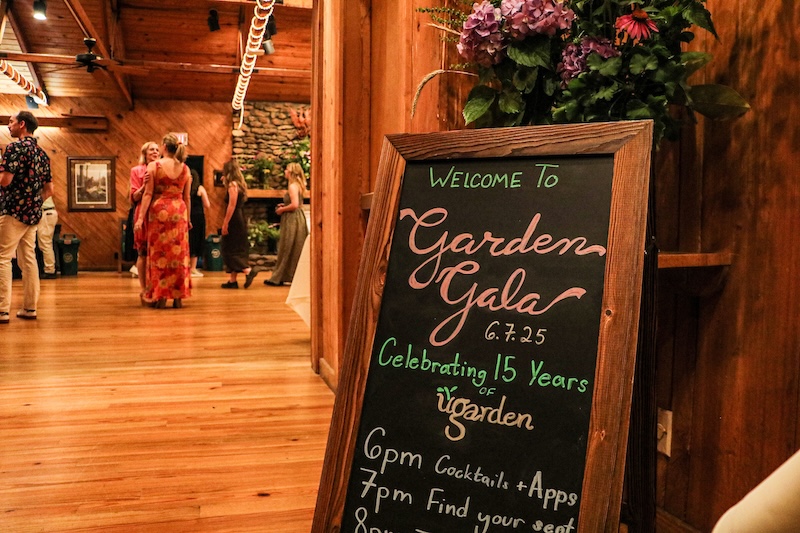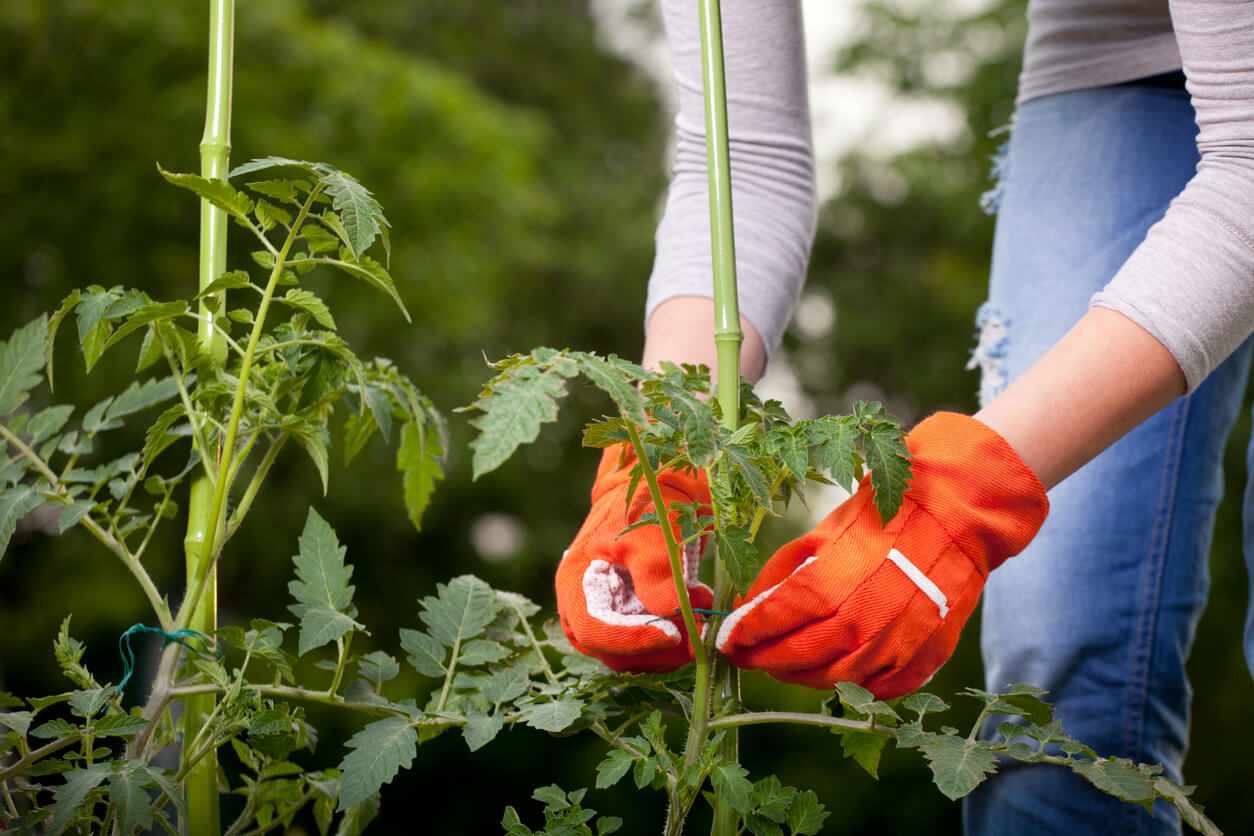 CAES News
CAES News
CAES leads global project to boost local food systems in the United Arab Emirates
Each year, more than 1.3 billion tons of edible food is lost or wasted across the global supply chain — much after harvest but before it ever reaches a plate. Now, researchers at the University of Georgia College of Agricultural and Environmental Sciences and partners across North America are working to help reduce that loss in one of the most challenging agricultural environments in the world: the United Arab Emirates. Through the new international collaboration, U.S.-based postharvest specialists partnered with agricultural leaders in Abu Dhabi to strengthen local food systems, improve crop handling and storage, and train the next generation of Extension professionals — all with the goal to keep more food fresher, longer.





